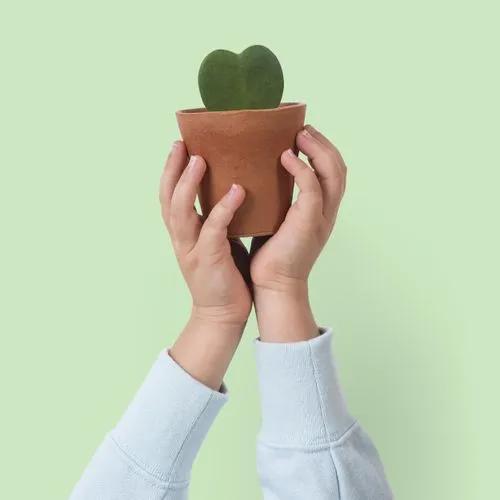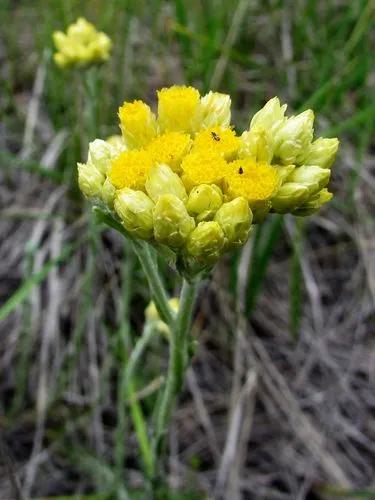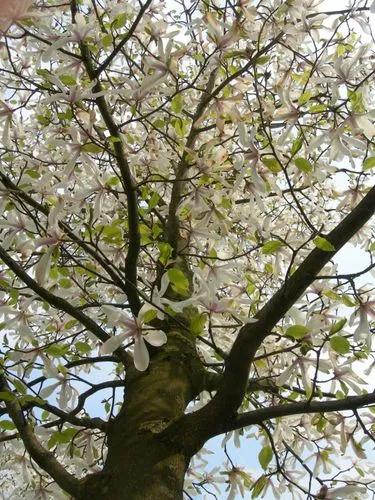Pink trumpet-like flowers put on a spectacular show nearly the whole year long. We started a small cutting of this tropical vine at the beginning of summer and it grew so fast that by the summer’s end, it was a 4’ bushy shrub full of flowers. The blossoms have a light fragrance. It’s thought to be a native of Africa but Queen of Sheba Vine is entirely different from Podranea ricasoliana, a wild and often unmanageable vine. Queen of Sheba Vine can be maintained as an upright shrub with judicious pruning and since it’s nearly everblooming, prune it anytime leads get out of form.
Queen Of Sheba Vine Care
Podranea Brycei



How to Care for the Plant

Water

The surface of the soil shouldn't be allowed to dry out completely, and so you should expect to water this plant once and possibly even twice each week. Be aware that your particular watering schedule may vary depending on its location in the room, the pot size, plant size and other conditions; if in doubt, ask one of our experts in the store for advice.

Pruning

This plant can be pruned at any time to keep it looking its best.

Sunlight

full sun partial shade

Soil

It is not particular as to soil pH, but grows best in sandy soil.

Temperature

This houseplant will do well in a location that gets either direct or indirect sunlight, although it will usually require a more brightly-lit environment than what artificial indoor lighting alone can provide.

Popularity

4 people already have this plant 2 people have added this plant to their wishlists
Discover more plants with the list below
Popular articles






